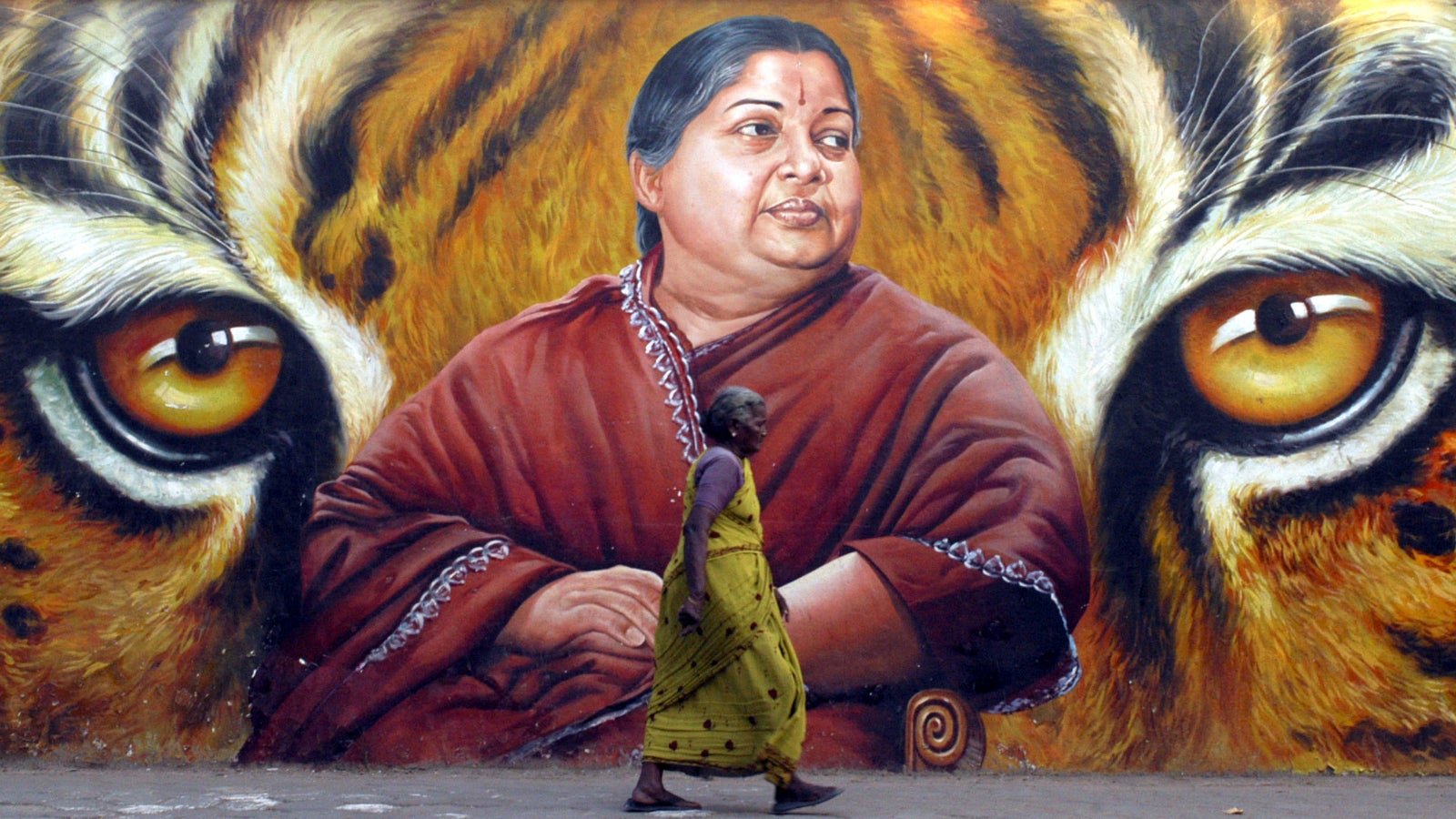Jayalalithaa, the movie star who became one of India’s most controversial politicians, dies at 68
Jayalalithaa Jayaraman, a movie star who transformed into one of the most powerful politicians in southern India, passed away late on Dec. 5. She was 68, serving her sixth term as the chief minister of Tamil Nadu.


Jayalalithaa Jayaraman, a movie star who transformed into one of the most powerful politicians in southern India, passed away late on Dec. 5. She was 68, serving her sixth term as the chief minister of Tamil Nadu.
The widely popular leader, who helmed the All India Anna Dravida Munnetra Kazhagam (AIADMK) since 1989, suffered a massive cardiac arrest while admitted at Chennai’s Apollo Hospital. She had been hospitalised on Sept. 22, with fever and dehydration.
Jayalalithaa began her film career as a teenager, appearing in her first film when she was only 13. In 1965, she entered the Tamil film industry, going on to register a meteoric rise, particularly through her collaboration with actor Marudur Gopalan Ramachandran, popularly referred to as MGR. Though he was over three decades her senior, MGR and Jayalalithaa developed a powerful chemistry that eventually transcended the celluloid as the actress followed her mentor into politics in 1982. Two years later, she entered the Rajya Sabha, India’s upper house, where she served till 1989.
When MGR passed away in 1987, the AIADMK split, with one faction backing Jayalalithaa and the other coalescing around his wife, Janaki. Eventually, the entire party united behind her, but the former film star’s introduction to the top echelons of Tamil Nadu politics was brutal. In 1989, a member of the Dravida Munnetra Kazhagam (DMK), AIADMK’s bitter rival, allegedly attempted to disrobe her in the Tamil Nadu assembly amid a ruckus. Jayalalithaa then took a vow to return to the assembly after she became chief minister of the state.
In the 1991 election, she won 225 out of the 234 seats, fulfilling her ambition. Over the next two-and-a-half decades, she returned to power five more times, most recently in May 2016.
But Jayalalithaa’s political career hasn’t been without blemish. In 1996, the then Janata Party leader Subramanian Swamy took her to court alleging that she had amassed some Rs66.65 crore of assets beyond her means of income during her first time as chief minister. Months later, she became prisoner No. 2,529 at the Madras Central Jail for her alleged role in a dodgy deal involving the purchase of some 45,302 television sets. She spent a month behind bars.
Meanwhile, the “disproportionate assets” case wound through Indian courts for the better part of two decades, eventually leading to more jail time. In 2014, Jayalalithaa was sentenced to four years in prison on charges of corruption, and asked to pay Rs100 crore as fine. The conviction also meant that she became the first incumbent chief minister to be disqualified as a legislator.
Yet, all her legal tribulations had little or no effect on her popularity in Tamil Nadu, where she won a consecutive second term earlier this year—the first by any chief minister in 32 years. To her faithful, Jayalalithaa always was, and will remain, the flawless amma (mother) or the firebrand Puratchi Thalaivi (revolutionary leader).